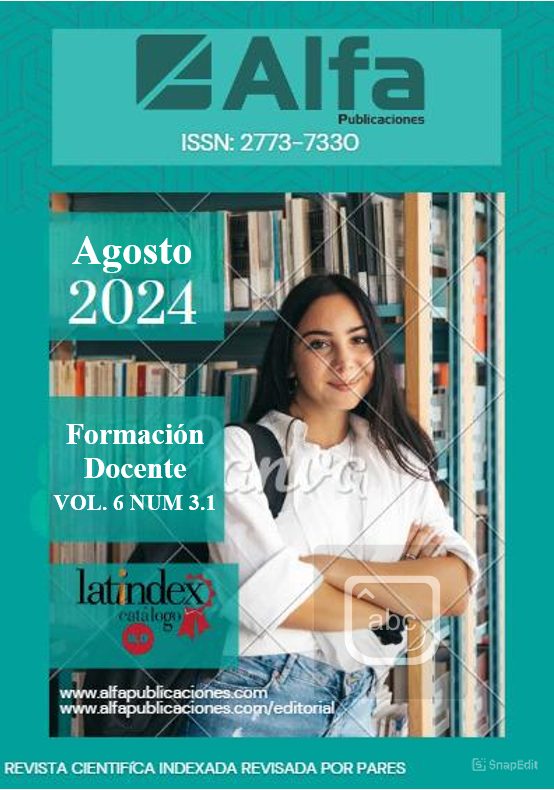The tics as a tool for learning the English language in higher education institutions
Main Article Content
Abstract
Introduction. Currently, each space in the higher educational environment constitutes the favorable scenario of dynamic appearance where the ease in obtaining information gives the impression that knowledge is ephemeral and unstable where the magnitude of the changes can however lead to superficiality, inconsistency, and the overvaluation of the ephemeral and banal. In the 21st century scenario, computers are as common as today's telephones. The digital illiteracy rate has extended to computational incompetence. But the task of education is not simply to train future generations of intelligent machine users, in the same way that it is not enough to teach reading and writing. We must turn this communications revolution into a true revolution of human understanding. Objective. Analyze five English language learning scenarios where ICTs are involved as a learning tool with students from the higher education system in Ecuador. Methodology. To determine the impact of ICTs on learning the English language, five scenarios have been proposed that range sociologically from the catastrophic to the overwhelmingly optimistic, a fundamental component for the development of society in the domain of the English language. Results. The correct application and dosage of ICTs allow capturing the attention of students in the higher education system in their different areas of knowledge, which requires that pedagogy and andragogy explore the implementation of tools and the creation of new material that attracts students and professional profile skills are improved. Conclusion. The debate on the implications of artificial intelligence and English language learning in terms of higher education controlled by higher education centers is developed with particular emphasis on the field of science and the ideology of monolingualism, so deeply rooted in Latin Americans. and between many of its scientists, seems to support and justify such a complete transition that requires the use of platforms and tools for the development of material that exercises and tests knowledge with intelligent algorithms that allow strengthening reasoning abilities.
Downloads
Article Details
dssfdsf
dsfdsf

